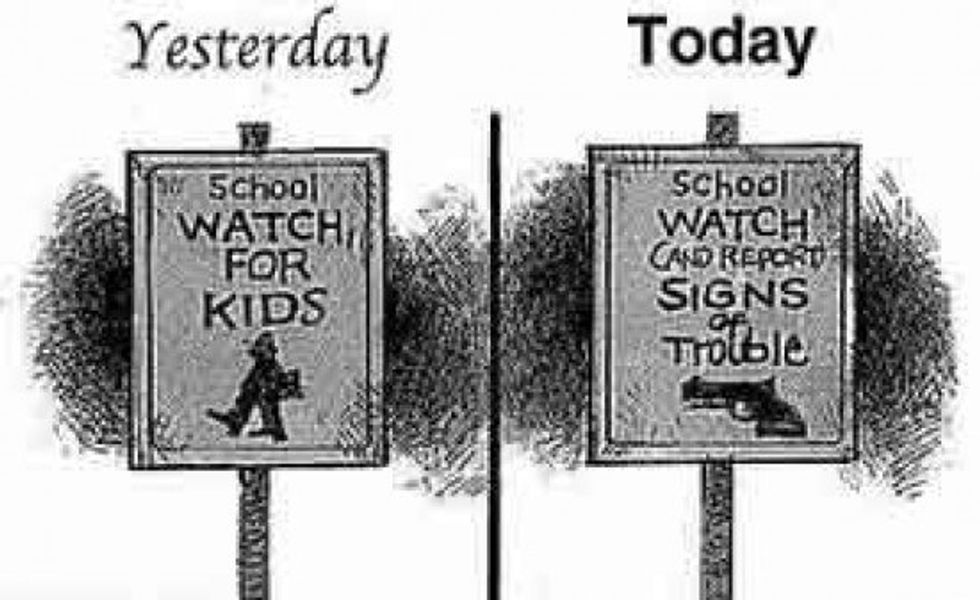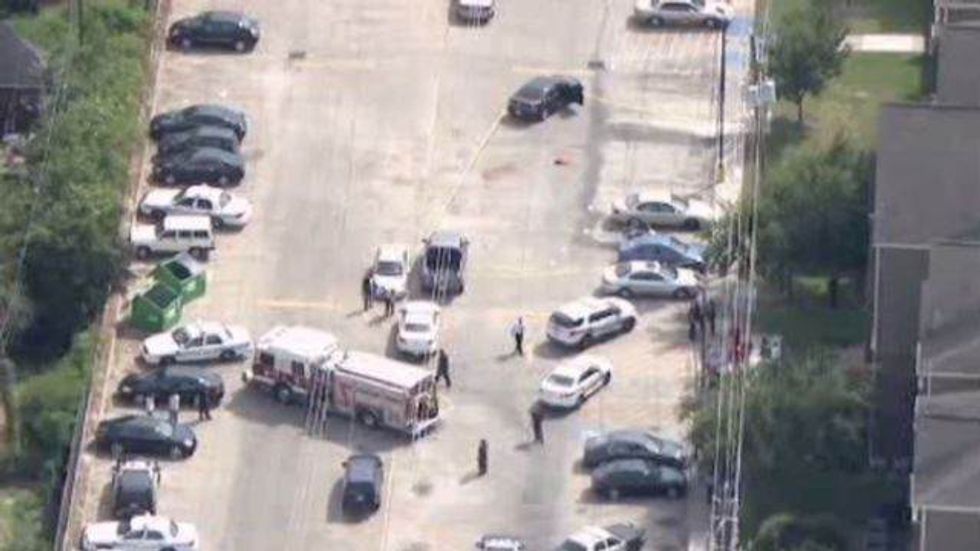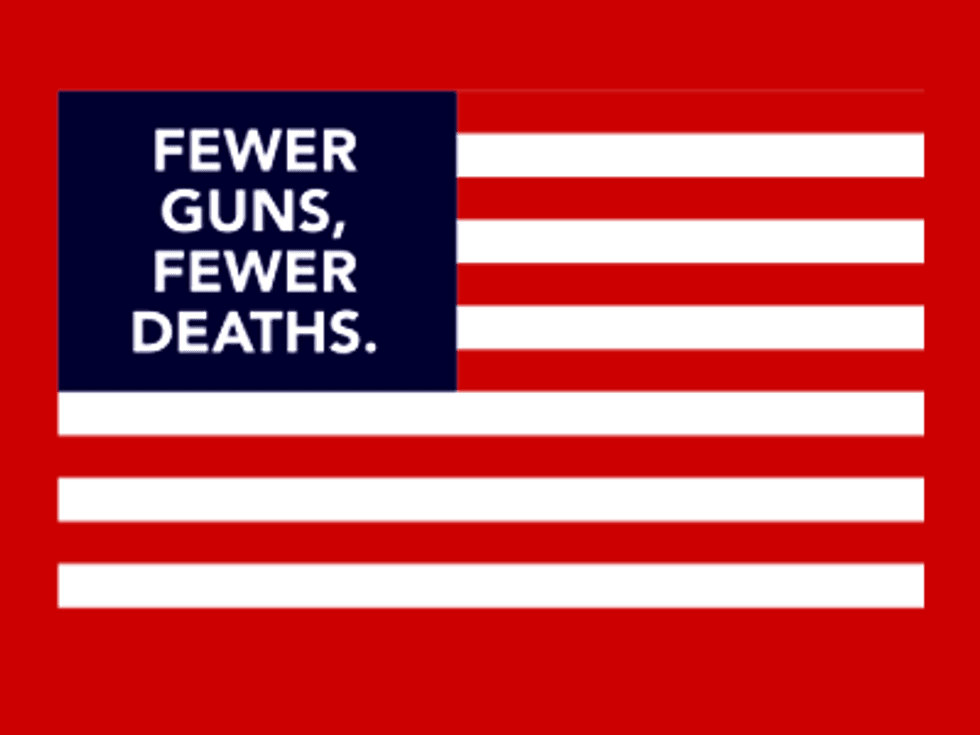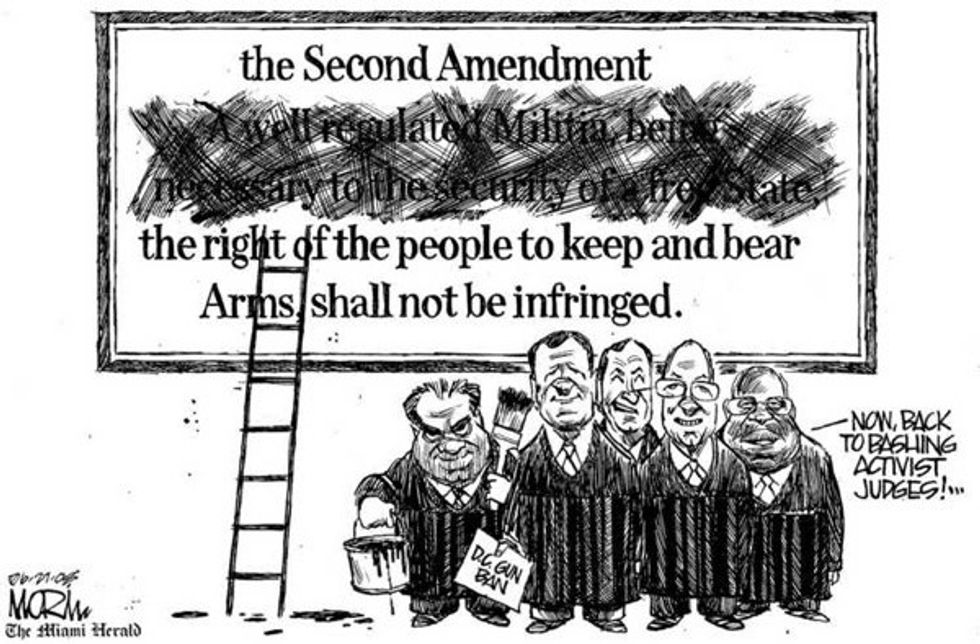The amount of mass shootings this year is already at a staggering number: 249, according to Debbie Wasserman Schultz, Democratic National Chairwoman. These mass shootings have claimed lives, injured many, and shocked millions of Americans across the country. In the last month alone, numerous shootings at college campuses have made major news headlines and prompted the revitalization of the gun control debate.
Early Friday morning at Northern Arizona University’s campus, 18-year-old Steven Jones opened fire. The shooting claimed one life and injured three. Allegedly, Jones, a freshman, began firing after a confrontation between two groups of students. After Jones ceased fire, he was taken into custody where he is now facing one count of first-degree homicide and three counts of aggravated assault, according to NY Times.Meanwhile, at Texas Southern University, an 18-year-old student was fatally shot, and another student was wounded during a shooting the same day. The shooting occurred near a university housing complex. According to ABC News, two suspects were detained for questioning, and they are still searching for a third. After the shooting, the university was locked down as a safety precaution, and lifted later that same afternoon.The shootings sent shock waves throughout the country on Friday, as they occurred a mere eight days after a shooting at Umpqua Community College in Oregon. The shooting at Umpqua Community College on October 1 left ten people fatally wounded, including the gunman, and seven injured after 26-year-old Christopher Harper-Mercer opened fire. After a shootout with responding officers, Harper-Mercer killed himself. It is said the motive behind this particular shooting was religion based, all according to NY Times.
Unfortunately, these shootings are just a small sample of the 249 so far this year. As the victim toll rises, so does the popularity of the gun control debate, and the high volume of mass shootings helps put the importance of gun control into perspective. It is important to note that stricter gun control is not the equivalent of outlawing guns. Stricter gun control is the advocation for smarter and safer gun regulations. For example, making it harder for individuals with a higher likelihood for violence; for instance, those who are mentally ill, domestic abusers, convicted felons etc. to own a gun. Also, gun control supports more thorough background checks, more regulation of firearm trade, as well as banning certain assault weapons.
Additionally, gun ownership levels coincide with homicide rates. Harvard School of Public Health analyzed decades of data to come to the conclusion that "where there are more guns, there is more homicide." Easy access to guns makes homicide easier for individuals than if they were denied access. Gun ownership in the United States is currently the highest in the world, and it is reflected in our homicide rates. Plus, most gun massacres use legal weapons, and it is believed by pro-gun control advocates that tougher regulations on gun control could have prevented at least a portion of these shootings.
When faced with a number like 249 mass shootings, gun control needs to be made a priority. These recent tragedies have revitalized the gun control debate, and we need to take advantage of this and campaign for these problems and solutions. We, as a country, need to take a proactive approach instead of a reactive approach. One school shooting is one too many; one mass shooting is one too many. Because it is high time we ask ourselves these questions -- does the right to bear arms trump human life? How many people must die before we take gun control seriously? It is time to stand up and seek the answers, to take responsibility, and to advocate for change.Ok
























